NEW DELHI: The coalition led by Indian Prime Minister Narendra Modi, National Democratic Alliance, might clinch nearly three-fourths of the parliamentary seats in elections, potentially pushing the main opposition Congress to a historic low, according to a recent survey.
The India TV-CNX Opinion Poll suggests that the National Democratic Alliance (NDA), under the leadership of Prime Minister Narendra Modi, could secure a staggering 399 out of the 543 Lok Sabha seats.
The Bharatiya Janata Party (BJP) alone is projected to sweep 342 seats, as per the survey, according to Indian media reports.
Meanwhile, the Congress-led I.N.D.I.A. bloc (excluding Trinamool Congress) might only manage to secure 94 seats, with the remaining 50 seats likely distributed among other parties and independents, the poll indicates.
The survey, conducted across all 543 constituencies between March 1 and 30, gathered responses from a total of 179,190 individuals, comprising 91,100 males and 88,090 females.
Party-wise seat predictions reveal a landslide victory for the BJP with 342 seats, while Congress is expected to secure a mere 38 seats.
Notable gains are also projected for regional parties like Trinamool Congress, DMK, JD-U, TDP, AAP, and SP, among others.
The BJP’s dominance is forecasted across various states, including Gujarat, Madhya Pradesh, Rajasthan, Haryana, Delhi, Uttarakhand, and Himachal Pradesh, where it is expected to sweep all seats.
Particularly in Uttar Pradesh, the BJP and its allies may secure 77 out of 80 seats, leaving Congress and other opposition parties struggling to gain ground, according to the survey.
Prime Minister Modi’s recent filing of nomination papers in Varanasi for the Lok Sabha Elections, accompanied by top NDA leaders, showcases a formidable display of strength, reports said.
Riding on a wave of strong economic growth, government initiatives, and symbolic gestures like the inauguration of a Hindu temple, Modi’s popularity remains robust despite criticisms of his job creation record and economic disparities.
Elections for a five-year term are scheduled in seven phases between April 19 and June 1, with vote counting slated for June 4.
While opinion polls provide insights, the outcome in India’s diverse political landscape remains unpredictable.
The opposition, notably Congress, faces challenges in maintaining unity and combating corruption allegations.
Modi’s administration emphasizes its commitment to democracy and economic prosperity, citing robust growth and welfare measures aimed at addressing rural distress and inflation.
The consecration of the Ram temple, a long-standing promise fulfilled by the BJP, resonates with Hindu nationalists and could further bolster support for the ruling coalition, particularly among its core voter base.
(With inputs from Indian media and Reuters)


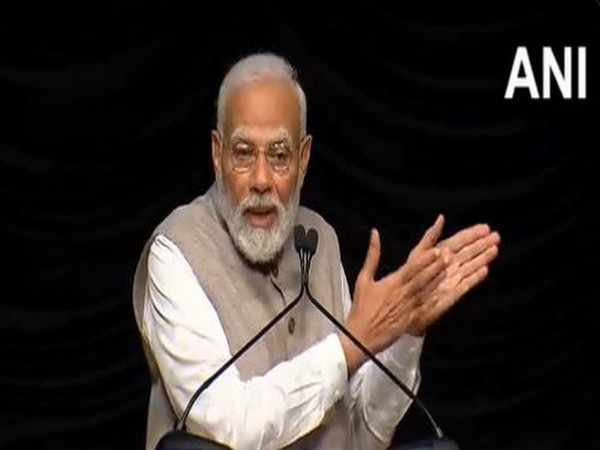

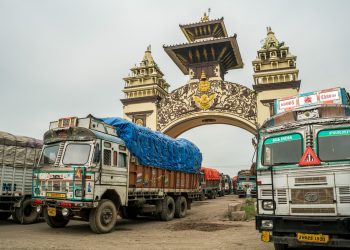
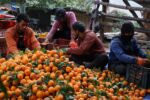
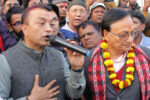
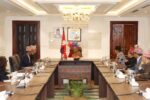

Comment